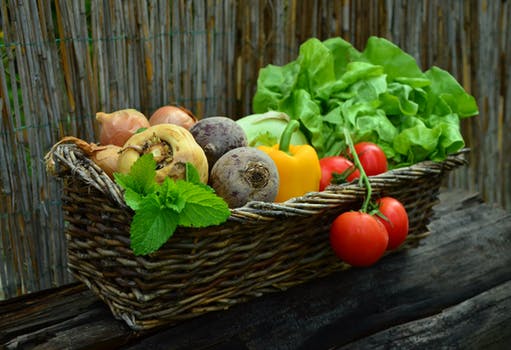Along with proteins and fats, carbohydrates make up the three basic components of food. Carbohydrates are organic molecules, meaning that they contain carbon and come from living sources. Usually when you hear the word carbohydrate, the first thing that comes to your mind is: BREADS, CEREALS, CAKES, COOKIES, am I right? There are 2 different types of carbohydrates: SIMPLE AND COMPLEX CARBOHYDRATES.
|
AuthorI'm Elizabeth and I love cooking! When my son was faced with many different food allergies, cooking became very challenging. Now I like to educate people about what they are putting in their mouth as well as inspire others that cooking healthy allergen friendly foods are easy and delicious. For recipes, visit my Instagram account @holisticmommabear Archives
March 2020
Categories |

 RSS Feed
RSS Feed